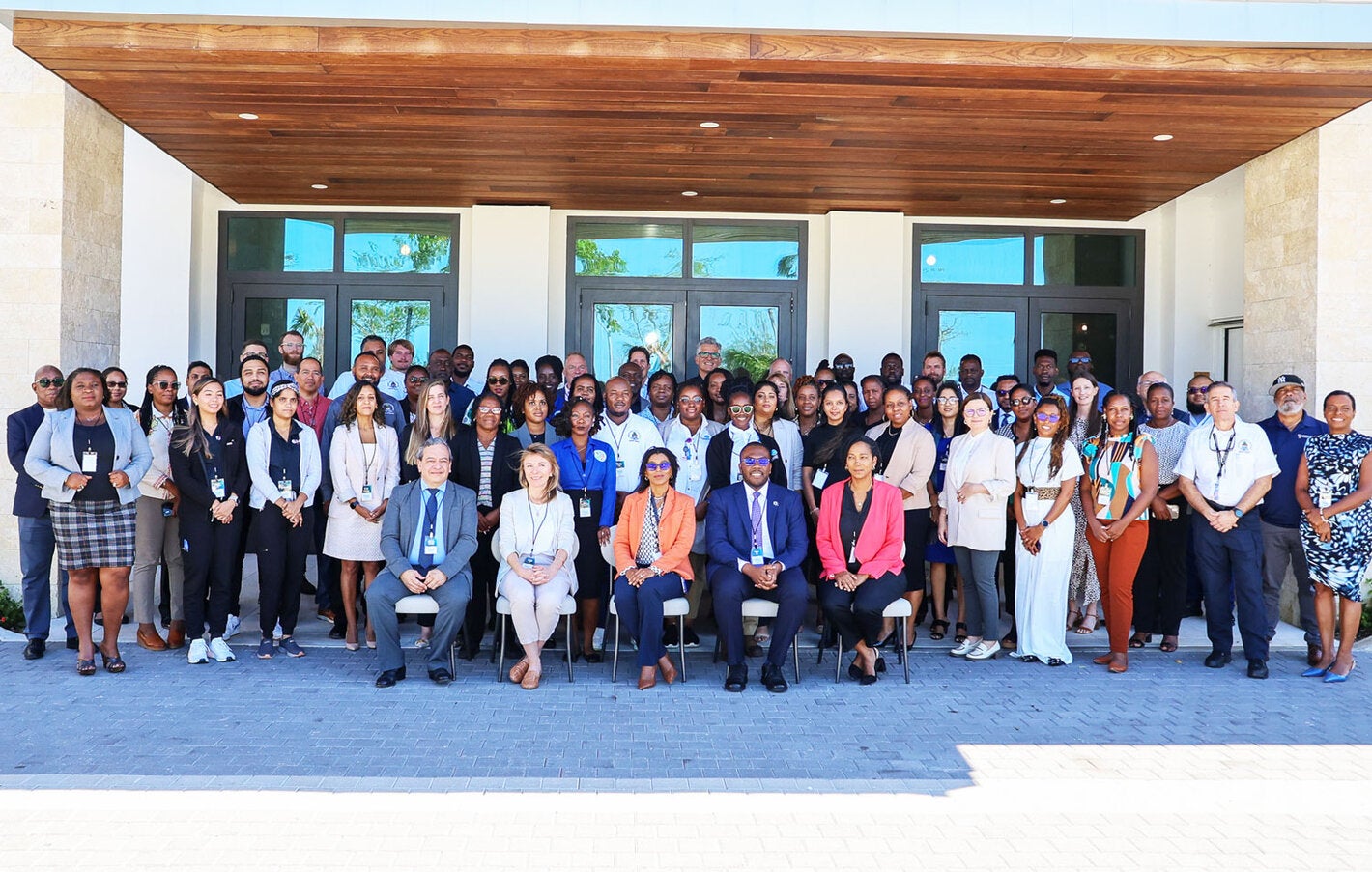
Kingston, Jamaica, 29 November 2024 (PAHO/WHO) - The Regional Vector-Borne Disease Workshop was held in Grand Cayman from 19–21 November 2024, under the theme “Networking for Improved Responsiveness.” Organized in collaboration with the Pan American Health Organization/World Health Organization (PAHO/WHO), the Caribbean Public Health Agency (CARPHA), the Government of the Cayman Islands, and the UK Health Security Agency (UKHSA), the workshop brought together representatives from over 15 Caribbean nations to address the urgent threat of vector-borne diseases (VBDs).
Arboviruses such as dengue, yellow fever, chikungunya, and Zika viruses are significant public health threats in tropical and subtropical areas, with their frequency and impact on the rise. In response to this growing threat, the workshop provided a platform for regional and international experts to discuss critical areas such as surveillance, laboratory diagnostics, community engagement, and vector control.
In line with the Global Arbovirus Initiative, workshop participants focused on strengthening vector control, fostering innovation, and building cross-sector partnerships to address arboviruses with epidemic potential. Launched on 31 March 2022, the initiative is a collaborative effort within the World Health Organization (WHO), involving its Health Emergencies Programme, the Department of Control of Neglected Tropical Diseases, and the Immunization, Vaccines, and Biologicals Department, along with a growing network of international partners from multiple sectors.
Speaking at the workshop, the Hon. Dwayne Seymour, Acting Minister for Health for the Cayman Islands, emphasized the importance of collective action in tackling public health challenges. "Vector-borne illnesses are among the most urgent threats to public health today, and the solution lies in collaboration," he stated.
During the event, PAHO showcased a comprehensive approach to tackling VBDs in the Americas, supported by the Integrated Management Strategy of Arbovirus (IMS-Arbovirus). Participants had the opportunity to update their knowledge on concrete breakthroughs in implementing IMS-Arbovirus, such as strengthening the Network of Arbovirus Diagnostic Laboratories of the Americas (RELDA), improving surveillance data analysis with the Health Information Platform for the Americas (PLISA), and making significant progress in the Plan of Action on Entomology and Vector Control 2018-2023.
The importance of collaboration among member states and organizations, such as CARPHA and UKHSA, was also highlighted to leverage and sustain efforts to reduce the burden of VBDs across the region.
The workshop was funded by the Government of the Cayman Islands, PAHO/WHO, the European Union under the 11th EDF Programme, which supports health system strengthening for the prevention and control of Zika and other mosquito-borne diseases in the Caribbean, and the FCDO-funded UKOT Health Security Programme at UKHSA.



